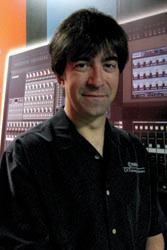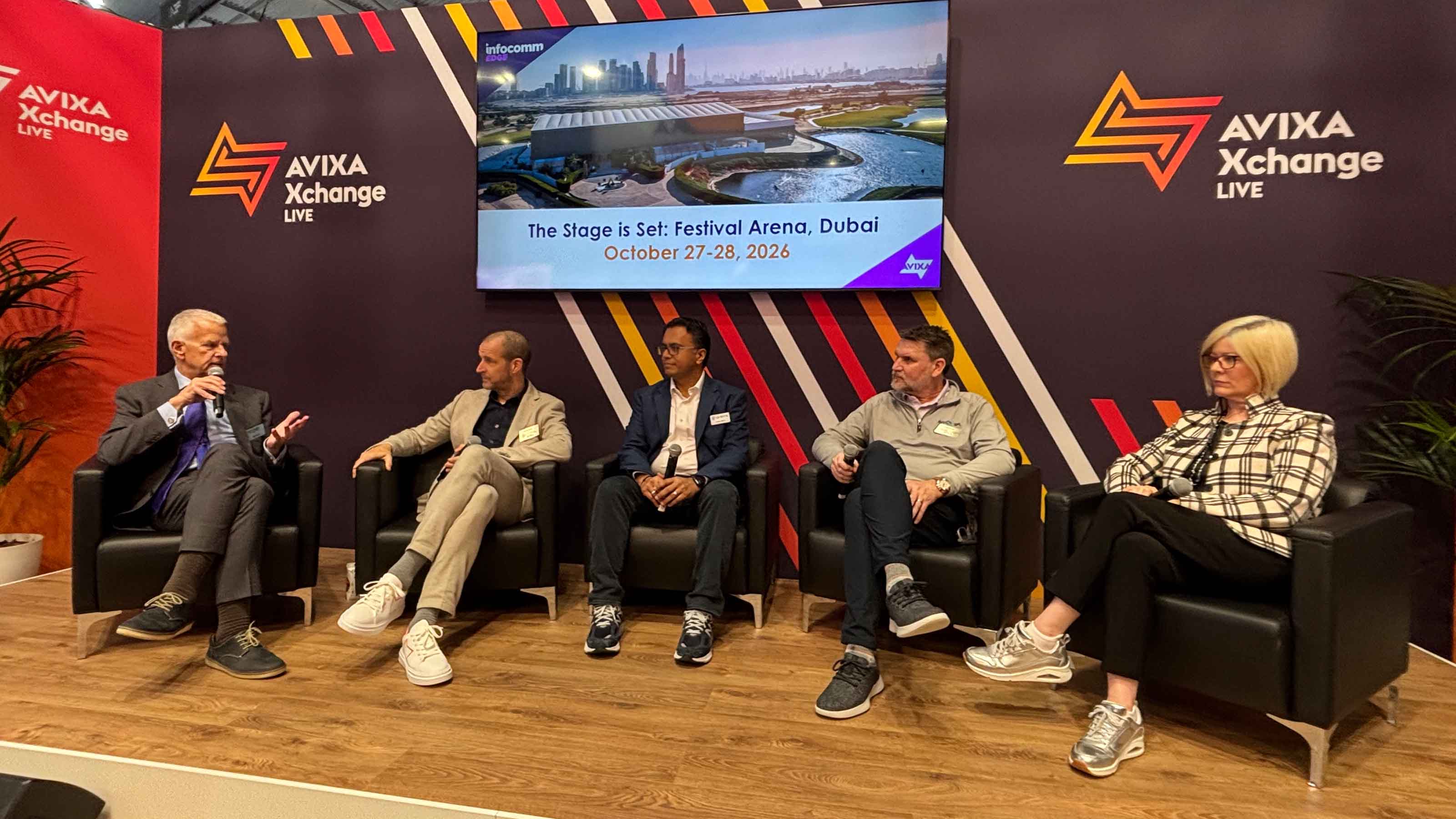On Call

A daily selection of features, industry news, and analysis for AV/IT professionals. Sign up below.
You are now subscribed
Your newsletter sign-up was successful
NAME: Mike Nicoletti
COMPANY: Yamaha Commercial Audio Systems
TITLE: Technical Support Manager
BACKGROUND: Exploring a variety of roles that connect to customer service, Nicoletti worked with Yamaha Pro Audio years ago as a staff R&D recording engineer, then as sales and support for its early line of digital mixers and recorders. More recently, he was the director of technical support and service at Alesis Studio Electronics before returning to YCAS as it was becoming a separate division.
SCN: What is your position, and what does it entail?
Mike Nicoletti: I am the technical support manager for Yamaha Commercial Audio Systems (YCAS). I oversee technical support and service for our markets both in the United States and Canada. I have just passed my six-year anniversary with YCAS. I began as the 24/7 support tech and was promoted to manager and built up the staff and the department as we expanded.
SCN: What is one of the most common issues that comes up with customers who seek support?
MN: Audio networking, without a doubt. Our customers are audio people, and most have an analog background. They are not IT specialists. And yet, we all have to become network-savvy with the latest equipment out there. This is not just Yamaha equipment, mind you, but all manufacturers have products that "talk" to other products via some type of networking protocol.
SCN: What is the greatest challenge that you face?
A daily selection of the top stories for AV integrators, resellers and consultants. Sign up below.
MN: Related to the previous question, the network interfacing of YCAS products to other manufacturers' products can be challenging because it is impossible to have every product of every manufacturer at our disposal, though we have gone so far as to rent other equipment to duplicate a customer's issue, so we can help them work through it.
On a lighter note, another huge challenge is getting customers to read the owner's manuals. I would estimate that the answers to 85 to 90 percent of the questions we get can be found in the manual. We are always striving to improve our manuals, but they are quite good. It's just that nobody knows that...
SCN: What are your short- and long-term goals?
MN: Short-term is to make sure that we do whatever it takes to make the customer happy. That has always been my philosophy regarding customer support, and sadly, good customer service seems to be a dying breed across all industries. Not here at Yamaha. Not only would I not allow it, but the management here is of the exact mindset I am when it comes to this.
Long-term goal is to set the standard for technical support and service in the commercial audio industry, and to be the envy of the industry. I think we have already begun doing this with our 24/7 support. Other companies either cannot or are not doing this. And I will see to it that we stay ahead of the curve in terms of using technology in tech support, such as software to control a customer's computer and make sure they have drivers installed, that their studio manager and editor programs are set up properly, etc.
SCN: What are the advantages to having applications specialists available 24/7?
MN: Though the 24/7 support is only available in the U.S. currently, we are looking at options for our valued Canadian customers as well. I think this is critical for the commercial audio market. When a customer has a question or a problem, they cannot and should not be concerned with what time zone they are in. If they are a touring company, and they are half an hour to soundcheck or showtime, or if they are a contractor and the system needs to go online in six hours, they need help now, not tomorrow morning. I had a church tell me that they specifically bought a Yamaha PM1D because of the support behind it. I love hearing that. It lets me know we are doing our jobs well and making an impact. We joke and say, "We doze, but we don't close," but it is absolutely true. When we say 24/7 we mean 24/7: nights, weekends, holidays, we are always here ready to assist our customers.
We also have three 24/7 service centers: in California, Georgia, and Montreal. A tech will get on the next flight if necessary, go to your location, and fix the issue. If a part is needed, we will overnight it and the repair tech will meet it at your location and replace it. Again, it is all in the goal of getting the customer up and running as quickly as possible. In this industry, downtime is not an option. As manufacturers release "similar" products, the company with the best after-sale support will come out on top. We want that to be us.
SCN: How can systems contractors better position themselves to profit from the services you have to offer?
The AVNetwork staff are storytellers focused on the professional audiovisual and technology industry. Their mission is to keep readers up-to-date on the latest AV/IT industry and product news, emerging trends, and inspiring installations.
